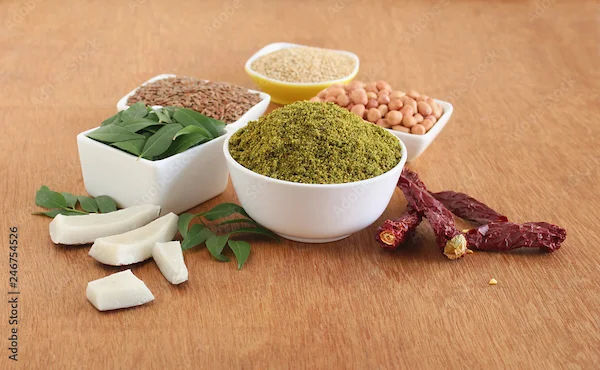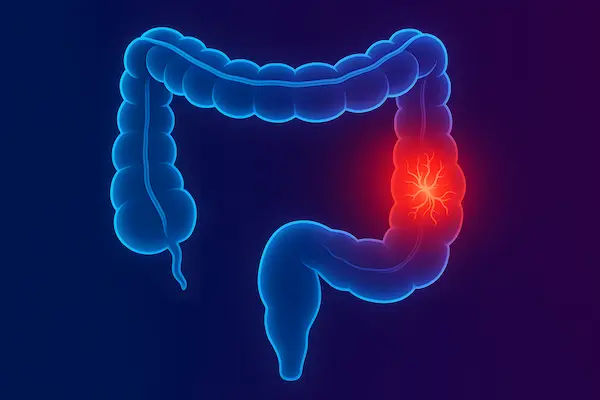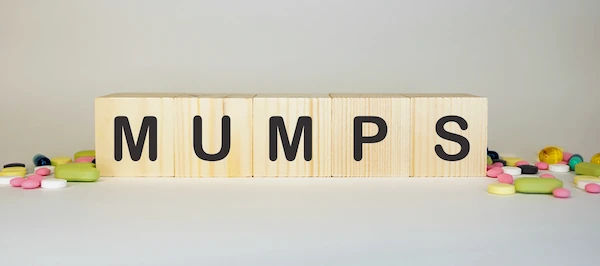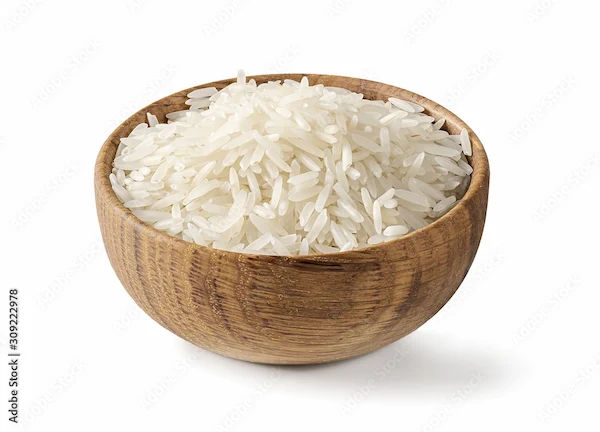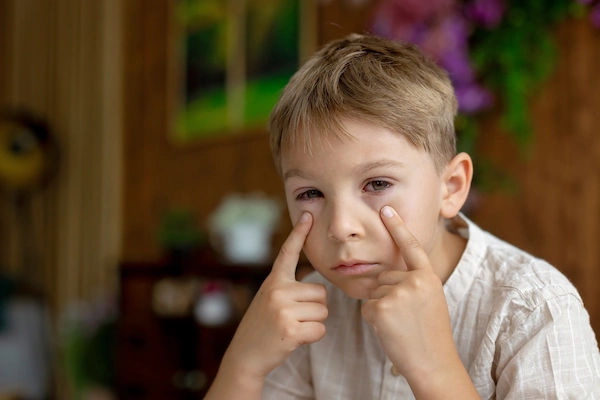Your Essential Guide to Kidney Health: How Your Kidneys Work
Discover how your kidneys work and why they are vital for overall health. Learn key functions, early warning signs of kidney problems, and practical tips to keep your kidneys healthy.

Written by Dr. J T Hema Pratima
Reviewed by Dr. Dhankecha Mayank Dineshbhai MBBS
Last updated on 13th Jan, 2026

Introduction
Your kidneys are two of the hardest-working organs in your body, operating around the clock as sophisticated filtration plants. Yet, most of us rarely give them a second thought until something goes wrong. Understanding how your kidneys function is the first and most crucial step toward protecting your long-term health. This guide will demystify these bean-shaped powerhouses, explaining their vital roles, how to spot potential problems, and, most importantly, how to keep them functioning optimally for years to come. We'll break down the complex science into simple, actionable advice, empowering you to become an active participant in your kidney health. From decoding common symptoms to exploring the link between your diet and kidney function, consider this your go-to resource.
What Are Kidneys and Where Are They Located?
The Unsung Heroes of Your Body
Think of your kidneys as your body's master chemists. Every day, they process about 200 quarts of blood to sift out about 2 quarts of waste products and extra water, which become urine. But their job description is far more impressive than just waste management. These organs are critical for maintaining overall homeostasis—a stable, healthy internal environment.
Pinpointing Their Location: Not in Your Lower Back!
A common misconception is that the kidneys are located low in the abdomen. In reality, they are situated much higher up. You can find your kidneys against the back muscles of your upper abdominal cavity, one on each side of your spine. They are positioned below the rib cage, which offers them some protection. Their placement is why pain from kidney issues, such as an infection or stones, is often felt in the flank (the side of the body between the ribs and hip) and back, not the lower back.
Consult Top Specialists for Personalised Tips
The Marvel of Filtration: How Your Kidneys Actually Work
The Nephron: The Kidney's Tiny Powerhouse
The magic happens inside microscopic structures called nephrons. Each kidney contains about one million of these intricate filtering units. A nephron consists of a tiny filter called a glomerulus and a tubule. The glomerulus acts as a sieve, allowing water and small particles to pass through while keeping larger cells and proteins in the bloodstream.
The Three-Step Process: Filtration, Reabsorption, Secretion
Filtration: Blood enters the glomerulus under pressure, and a watery substance filled with both waste and useful materials (like nutrients and minerals) is pushed out into the tubule.
Reabsorption: The tubule is where the real intelligence lies. As this filtrate travels along the tubule, your kidneys reabsorb nearly all the water and essential substances your body needs back into the bloodstream. This process is incredibly precise, ensuring nothing valuable is lost.
Secretion: Finally, the tubule adds extra waste and acids from the blood into the filtrate. What's left behind is urine, a concentrated combination of water, urea, and other wastes that your body needs to eliminate.
Beyond Urine: 7 Critical Functions Your Kidneys Perform
While waste removal is vital, it's just one item on their long list of duties. Here’s what else your kidneys do for you:
Waste Removal: They filter out urea (from protein metabolism) and creatinine (from muscle metabolism), preventing a toxic buildup in your body.
Fluid and Electrolyte Balance: They finely adjust the body's water levels and regulate crucial electrolytes like sodium, potassium, and phosphate, which are essential for nerve and muscle function.
Blood Pressure Regulation: Your kidneys produce an enzyme called renin. This enzyme triggers a chain reaction that helps control blood vessel constriction and fluid volume, both of which directly influence blood pressure.
Red Blood Cell Production: They produce and release erythropoietin (EPO), a hormone that signals your bone marrow to make more red blood cells, which carry oxygen throughout your body.
Acid-Base Balance: They maintain a stable blood pH by excreting excess acids or bases, ensuring your metabolic processes run smoothly.
Vitamin D Activation: They convert vitamin D from sunlight and diet into its active form, which is necessary for calcium absorption and bone health.
Reading the Signs: Key Symptoms of Kidney Distress
Kidney disease is often called a "silent" illness because early signs of kidney disease can be subtle and easily mistaken for other conditions.
Early Warning Signs Often Missed
Fatigue, trouble sleeping, and lack of energy.
Poor appetite and metallic taste in the mouth.
Puffiness around the eyes, especially in the morning.
Swollen ankles and feet.
Dry, itchy skin.
Symptoms of Advanced Kidney Problems
Significantly reduced urine output or feeling the need to urinate more frequently, particularly at night.
Blood in the urine (hematuria) or foamy urine (indicating protein).
Severe and persistent flank pain or pain in the mid-back.
Nausea and vomiting.
Shortness of breath.
If you experience a combination of these symptoms, especially severe pain or blood in urine, it is crucial to consult a doctor. You can quickly connect with a specialist online through Apollo24|7 for an initial evaluation.
Proactive Protection: How to Keep Your Kidneys Healthy
The best treatment for kidney disease is prevention. Adopting a healthy diet for kidneys and a smart lifestyle can significantly reduce your risk.
Hydration: The Golden Rule for Kidney Function
Water is essential for helping your kidneys dilute and flush out wastes. Aim for adequate hydration—typically around 8 glasses a day for most people, though needs vary. Pale yellow urine is a good indicator of proper hydration.
The Kidney-Friendly Diet: What to Eat and Avoid
Limit Sodium: High salt intake raises blood pressure, straining your kidneys.
Watch Protein: Excessive protein can overwork the kidneys. Moderation is key.
Manage Potassium & Phosphorus: Those with existing kidney issues may need to monitor intake of these minerals, found in bananas, potatoes, nuts, and dairy.
Eat Whole Foods: Focus on fruits, vegetables, and whole grains.
The Impact of Blood Pressure and Blood Sugar
Hypertension and diabetes are the two leading causes of chronic kidney disease (CKD). Managing your blood pressure and keeping your blood sugar within a healthy range is the single most important thing you can do to protect your kidneys. Regular monitoring is essential. Apollo24|7 offers a convenient home collection for tests like HbA1c to help you keep track of your diabetes management.
When to See a Doctor: Getting the Right Diagnosis
If you have risk factors (diabetes, high BP, family history) or persistent symptoms, seeing a doctor is vital.
Key Diagnostic Tests: Blood, Urine, and Imaging
Blood Tests: The serum creatinine test estimates your Glomerular Filtration Rate (eGFR), which is the best measure of your kidney function.
Urine Tests: A test for albumin-to-creatinine ratio (ACR) checks for protein (albumin) in the urine, an early sign of kidney damage.
Imaging: Ultrasounds or CT scans can check for kidney stones, blockages, or structural abnormalities.
A doctor can interpret these results in the context of your overall health. If your condition requires further investigation, you can book a physical visit to a nephrologist with Apollo24|7 for comprehensive care.
Conclusion
Your kidneys are remarkable organs that perform a symphony of functions essential for your life and well-being. By understanding how they work and the immense role they play, you can move from taking them for granted to actively championing their health. This guide has equipped you with the knowledge to recognise the signs of trouble, the motivation to adopt preventive habits like proper hydration and diet, and the awareness of when to seek professional help. Remember, protecting your kidneys is a long-term investment in your overall health. Start today by making one positive change, whether it's drinking an extra glass of water, scheduling a check-up, or talking to a doctor about your risk factors. Your future self will thank you for it.
Consult Top Nephrologist
Consult Top Specialists for Personalised Tips
Dr Gayatri Pegu
Nephrologist
15 Years • MD (General Medicine) DM(Nephrology)
Guwahati
Apollo Clinic Guwahati, Assam, Guwahati
Dr Ch Sashidhar
Nephrologist
20 Years • MBBS, MD General Medicine, DNB, Nephrology
Secunderabad
Apollo Hospitals Secunderabad, Secunderabad

Dr Praveen Kumar Etta
Nephrologist
10 Years • MBBS,MD DM(SGPGI) FORMER ASST(PIMS)
Hyderabad
Apollo Spectra Ameerpet, Hyderabad
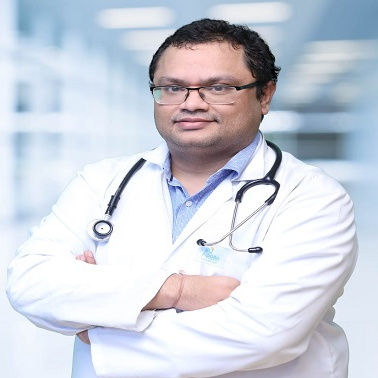
Dr. Pardha Saradhi
Nephrologist
9 Years • MBBS, MD-DNB (Gen. Med.), DNB (Nephro)
Hyderabad
Apollo Hospitals D R D O kanchanbagh, Hyderabad
(75+ Patients)

Dr Ajay Kumar Sharma
Transplant Specialist Surgeon
39 Years • MBBS, MS, DNB, FRCS (Glas), FRCS (Edin), FRCS (General Surgery), MSc Medical Education
Delhi
Apollo Hospitals Indraprastha, Delhi
Consult Top Nephrologist
Dr Gayatri Pegu
Nephrologist
15 Years • MD (General Medicine) DM(Nephrology)
Guwahati
Apollo Clinic Guwahati, Assam, Guwahati
Dr Ch Sashidhar
Nephrologist
20 Years • MBBS, MD General Medicine, DNB, Nephrology
Secunderabad
Apollo Hospitals Secunderabad, Secunderabad

Dr Praveen Kumar Etta
Nephrologist
10 Years • MBBS,MD DM(SGPGI) FORMER ASST(PIMS)
Hyderabad
Apollo Spectra Ameerpet, Hyderabad

Dr. Pardha Saradhi
Nephrologist
9 Years • MBBS, MD-DNB (Gen. Med.), DNB (Nephro)
Hyderabad
Apollo Hospitals D R D O kanchanbagh, Hyderabad
(75+ Patients)

Dr Ajay Kumar Sharma
Transplant Specialist Surgeon
39 Years • MBBS, MS, DNB, FRCS (Glas), FRCS (Edin), FRCS (General Surgery), MSc Medical Education
Delhi
Apollo Hospitals Indraprastha, Delhi
More articles from General Medical Consultation
Frequently Asked Questions
What are the first signs of kidney problems?
Early signs are often vague and include persistent fatigue, trouble concentrating, poor appetite, puffiness around the eyes, swollen feet/ankles, and dry, itchy skin. Changes in urination patterns can also be a clue.
How much water should I drink to flush my kidneys?
There's no one-size-fits-all amount, but a common recommendation is 8-10 glasses per day. The goal is to stay hydrated so your urine is light yellow. Your needs will increase if you are active or live in a hot climate.
Can damaged kidneys heal?
The ability to heal depends on the cause and extent of the damage. Acute kidney injury (AKI) can often be reversed if treated promptly. Chronic kidney disease (CKD) involves progressive, irreversible scarring, but its progression can almost always be slowed or halted with proper treatment and lifestyle changes.
What is the best drink for kidney health?
Water is the best and safest choice. Herbal teas and diluted fruit juices can also contribute to fluid intake. It's best to limit sugary sodas and drinks high in phosphorus, like dark colas.
Are kidney stones preventable?
Often, yes. Prevention strategies include drinking plenty of water, limiting sodium and animal protein, and eating a balanced diet. If you have recurrent stones, your doctor might test them to determine the specific type and recommend a targeted dietary plan.
